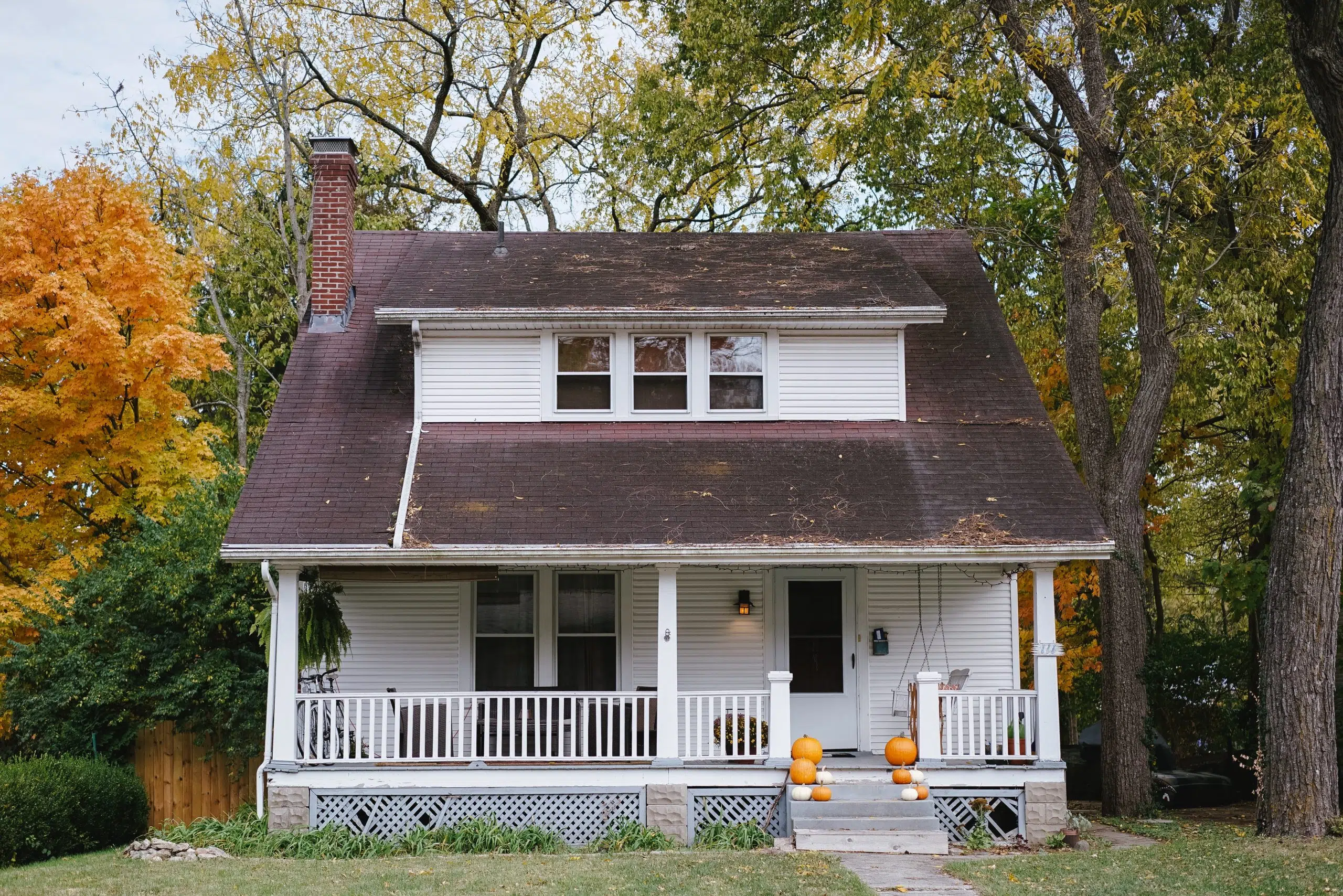The assessed value of all properties in New Brunswick jumped by 7.7 per cent year-over-year, the highest increase in 20 years.
Service New Brunswick unveiled the figure Friday when announcing that annual property assessment notices are being mailed out.
The Crown corporation attributed the significant increase to a “strong real estate market and new construction” over the past year.
“The housing market has seen a significant growth across Canada since the onset of COVID-19, and New Brunswick is no exception,” Service New Brunswick Minister Mary Wilson said in a news release. “This is great news for our province, as it indicates a growing population and improving economy.”
But the news may not be so great for thousands of New Brunswickers who may have to shell out more in property taxes as a result.
Figures show 70 per cent of property owners will see their assessed values go up, 1.5 per cent will see a decrease, and 28 per cent will see no change.
Officials said about one-half of property owners will see an increase of up to 10 per cent, while nearly one-in-five will see increases higher than that.
Of the 90,000 or so who will see an increase of more than 10 per cent, about 70,000 will benefit from the spike protection mechanism, up from 3,000 properties last year.
The mechanism limits assessment increases to 10 per cent per year for most owner-occupied properties, not including new construction, properties that have been sold in the previous year, or those that have undergone major improvements.
“Assessors are qualified individuals that use appraisal industry best practices in determining real and true market value of all properties,” said Wilson.
But officials cautioned that higher property assessments do not necessarily mean a higher tax bill for property owners.
Tax bills take into account the property’s assessed value, determined by Service New Brunswick, and the property tax rate, set by local governments.
That means municipalities would have the option to lower their tax rates in an effort to balance out the assessment increases locally.
Property owners have until Nov. 1 to file a request for review if they do not agree with their assessment. Property tax bills will be in the mail on March 1.








